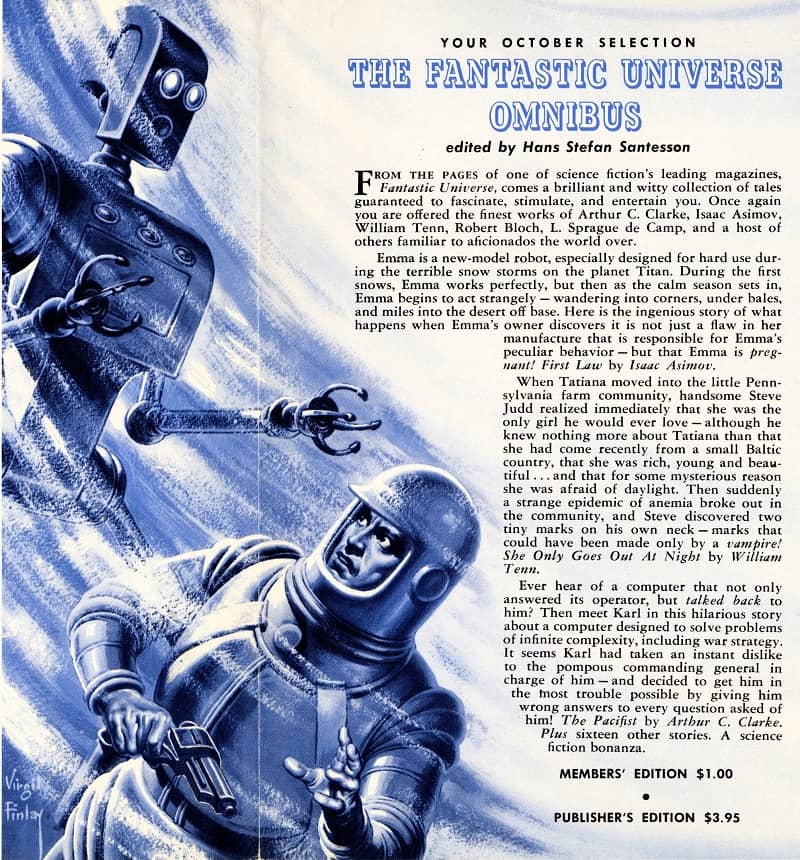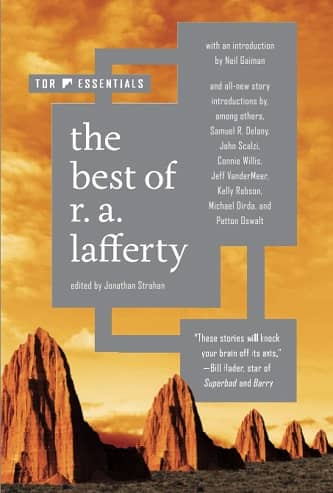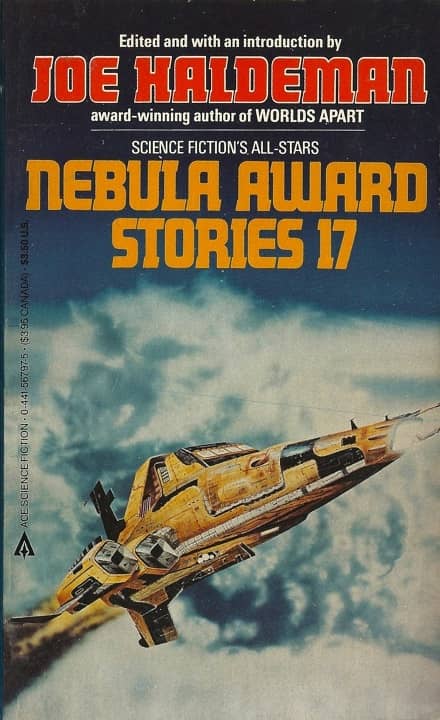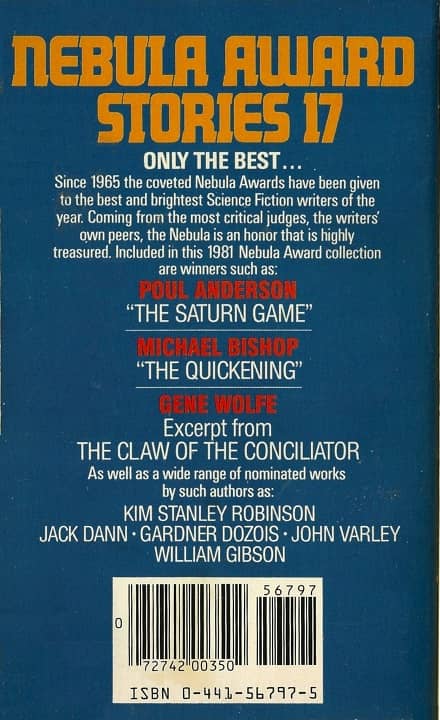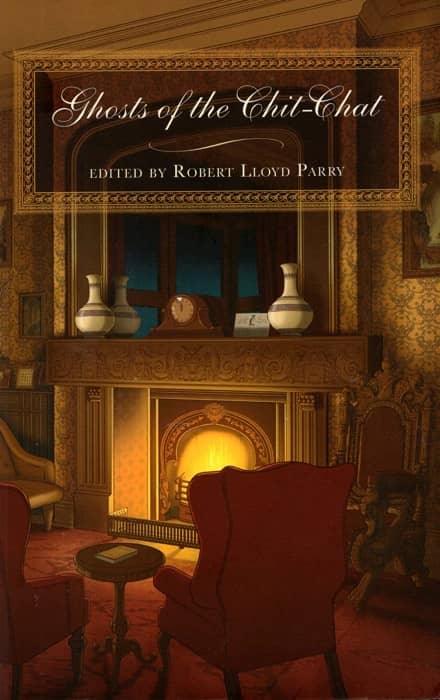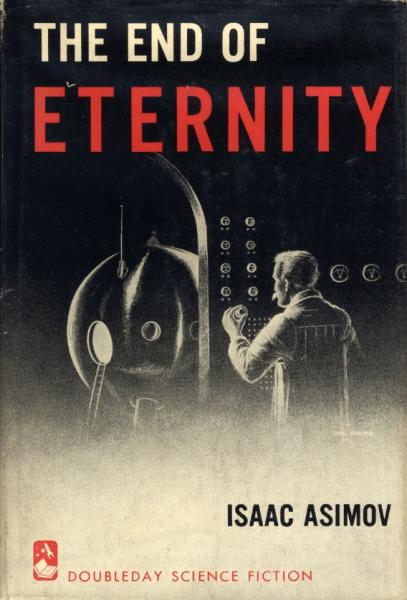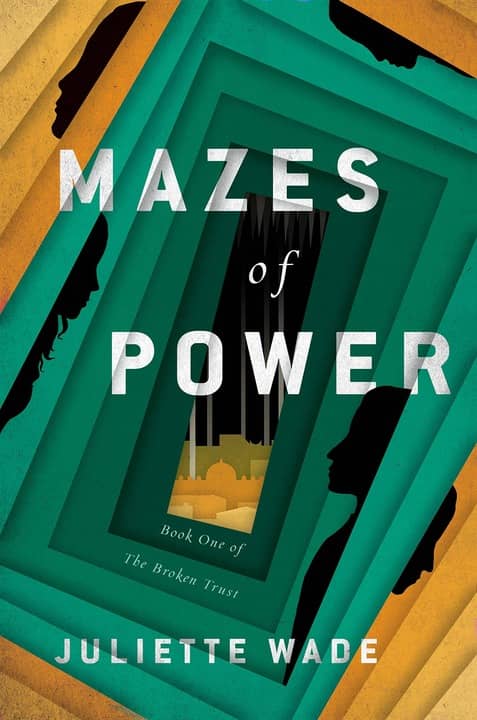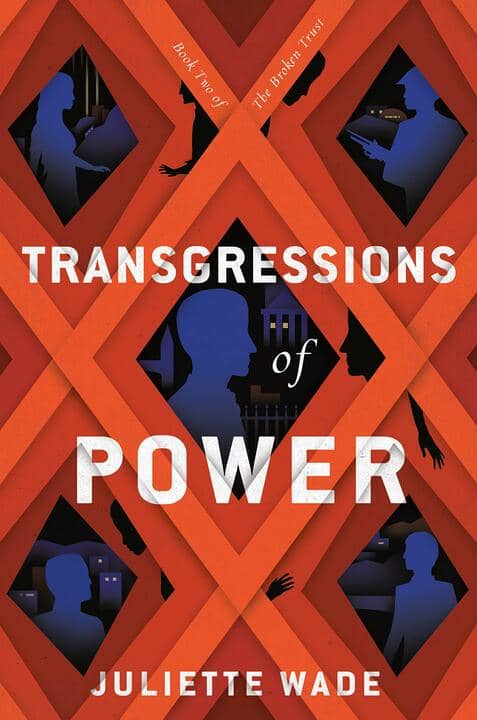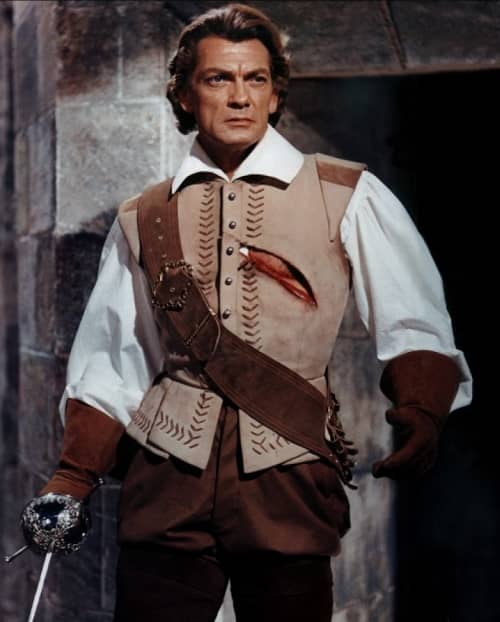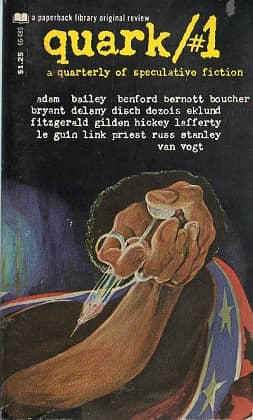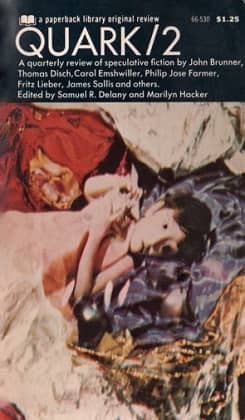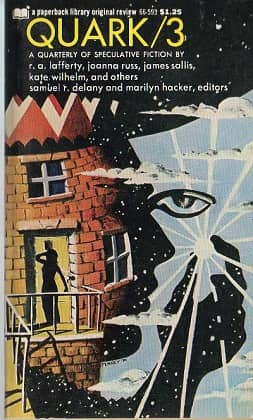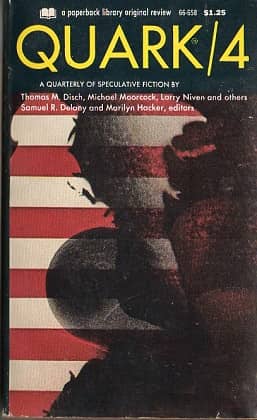Nero Wolfe’s Brownstone: 2020 Stay at Home – Days 24 and 25
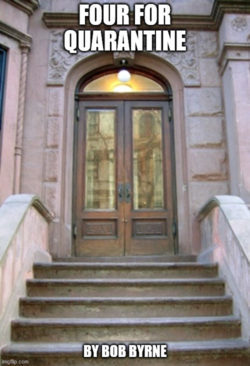 So, last year, as the Pandemic settled in like an unwanted relative who just came for a week and is still tying up the bathroom, I did a series of posts for the FB Page of the Nero Wolfe fan club, The Wolfe Pack. I speculated on what Stay at Home would be like for Archie, living in the Brownstone with Nero Wolfe, Fritz Brenner, and Theodore Hortsmann. I have already re-posted days one through twenty-one. Here are days twenty-four (April 14) and twenty-five (April 15). It helps if you read the series in order, so I’ve included links to the earlier entries.
So, last year, as the Pandemic settled in like an unwanted relative who just came for a week and is still tying up the bathroom, I did a series of posts for the FB Page of the Nero Wolfe fan club, The Wolfe Pack. I speculated on what Stay at Home would be like for Archie, living in the Brownstone with Nero Wolfe, Fritz Brenner, and Theodore Hortsmann. I have already re-posted days one through twenty-one. Here are days twenty-four (April 14) and twenty-five (April 15). It helps if you read the series in order, so I’ve included links to the earlier entries.
DAY TWENTY FOUR – 2020 Stay at Home
The doorbell rang. I’ve certainly typed that many times in my accounts of Nero Wolfe’s cases. But it was something that wasn’t happening much lately. Other than food deliveries for Fritz, visitors were few and far between. Wolfe didn’t even bother acknowledging it, knowing it wouldn’t be a potential, and certainly uninvited client. I moved out into the hall and heard Fritz in the kitchen, still cleaning up from lunch.
Looking through the one-way glass, I was surprised to see the not-quite-as familiar lately profile of the head of Homicide West, Inspector Cramer. He was calling something out to his driver and turned when he heard me open the door two inches, the chain still on.
“I’m sorry, sir. Wolfe & Goodwin Investigations is temporarily closed. Our esteemed governor does not feel that private detectives provide an essential service in these troubled times. May I suggest you visit your local precinct station? Of course, it is a step down in quality of service, but those dedicated public servants are open 24/7.”
“You’ll clown at your own funeral, Goodwin. The only good thing about this lockdown is I haven’t had to listen to you for three weeks. Open up. I want to talk to Wolfe.”
“Now hold on. We’ve kept this place virus free. Who knows where you’ve been? Let me see if I can let you in.”
“Cut the crap-” I’m sure the next word was ‘Goodwin,’ but it was muffled by the door, which I had closed on him.
I stopped at the doorway to the office. “It’s the man about the chair.” That was my favorite code name for the inspector.
He looked up from his book. “What?”
“Yes sir. It seems that the New York police force cannot function without your assistance. Since we’re not on a case, he can’t be coming here to yell at us, a pastime which he greatly enjoys, as you well know. I’d guess he’s really stuck on something, and wants you to bail him out.”
“That man can still be a nuisance.”
